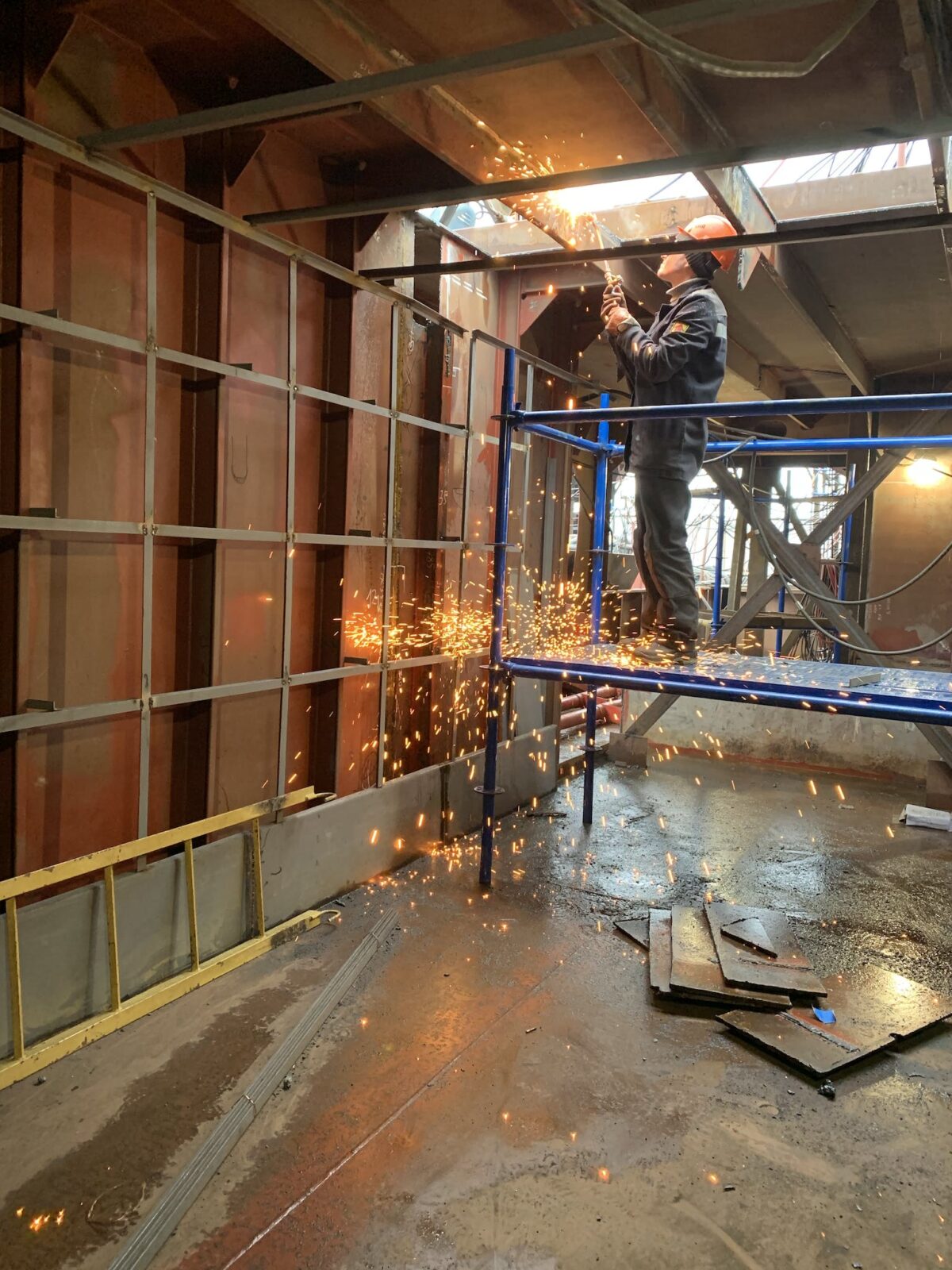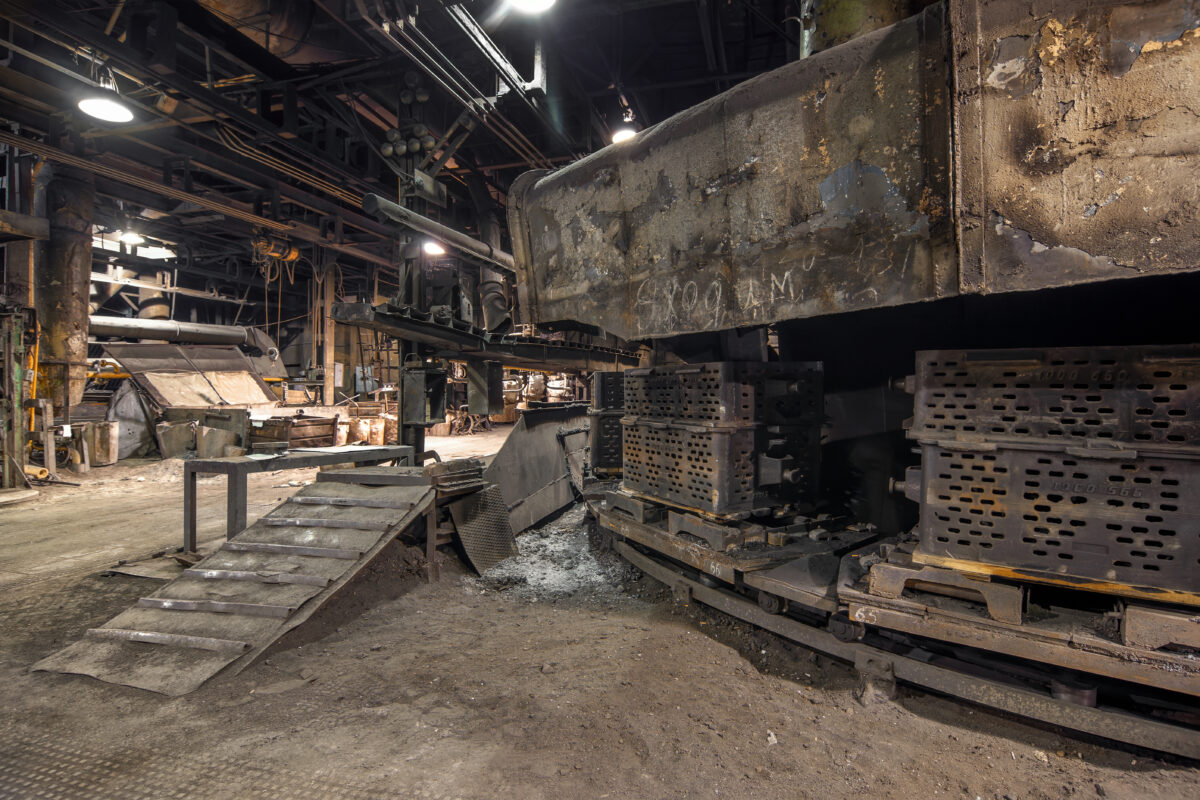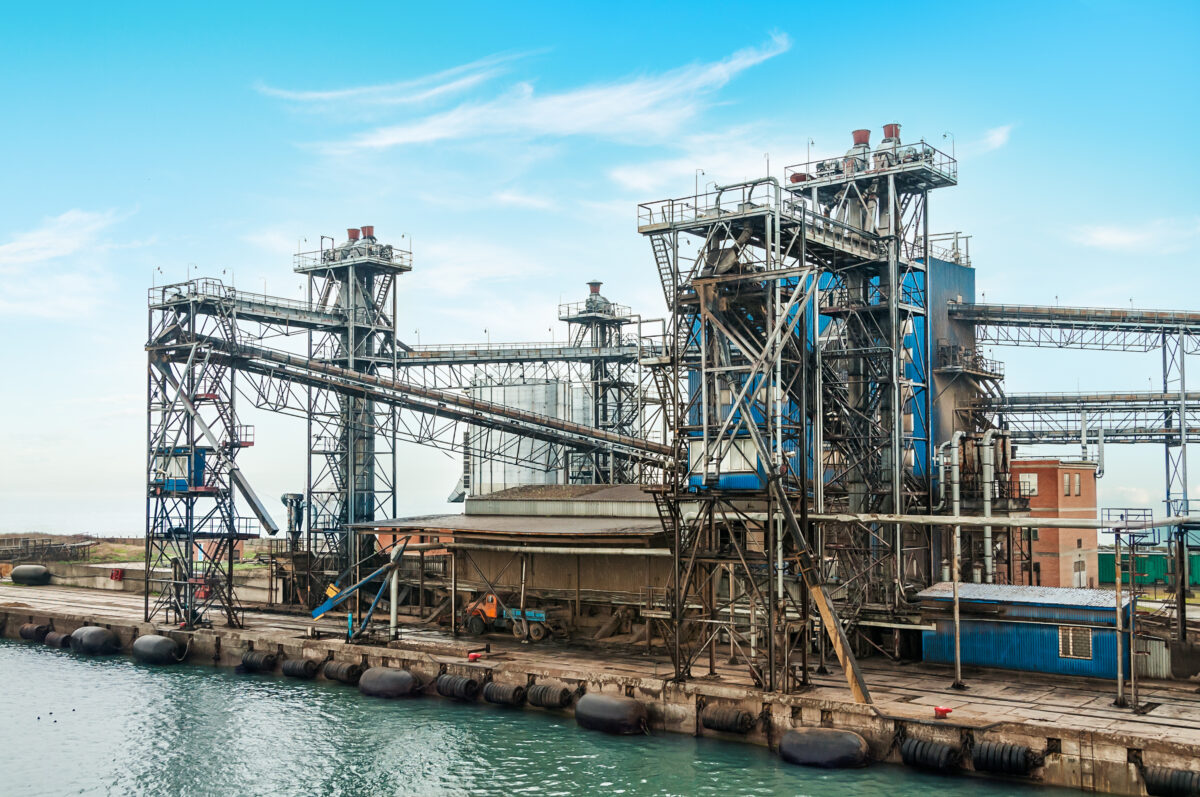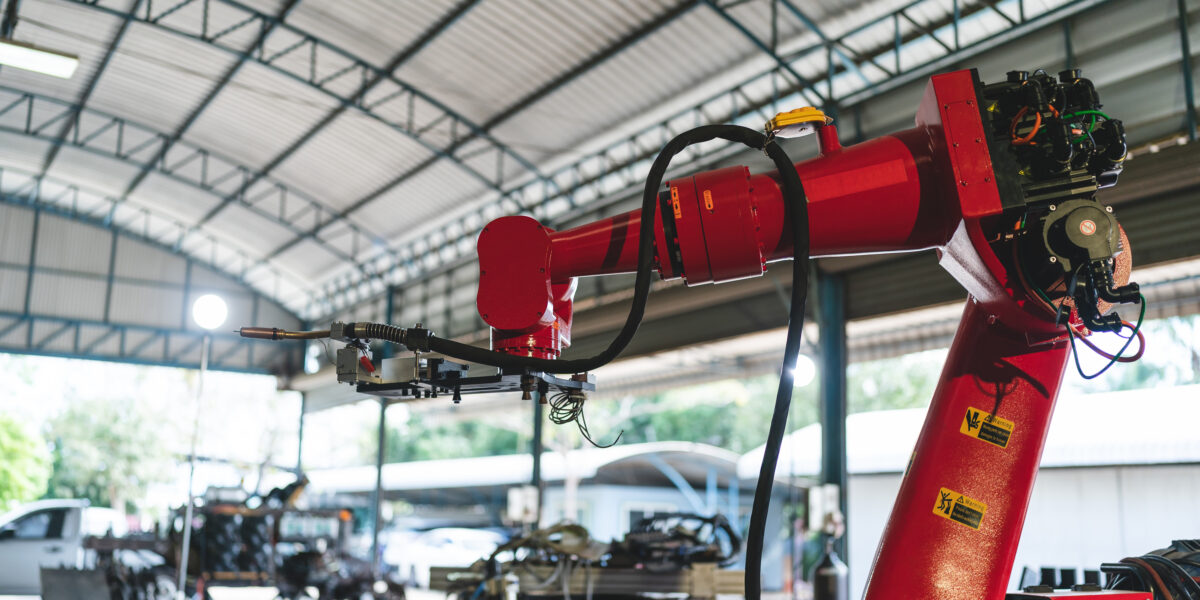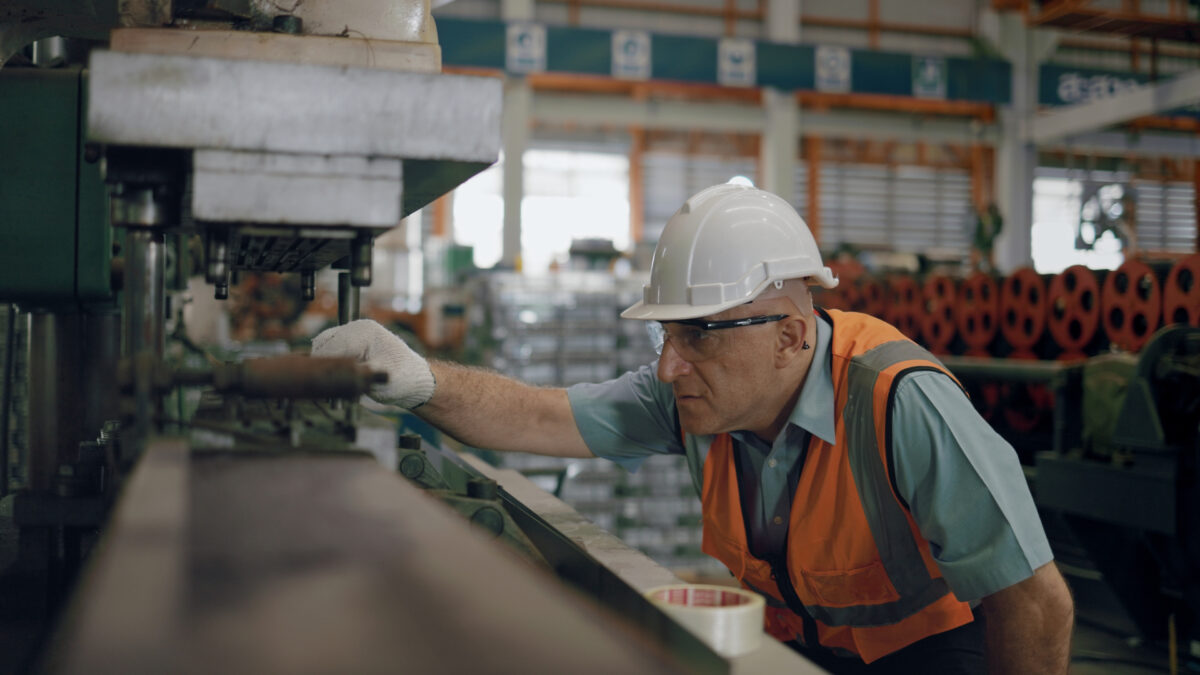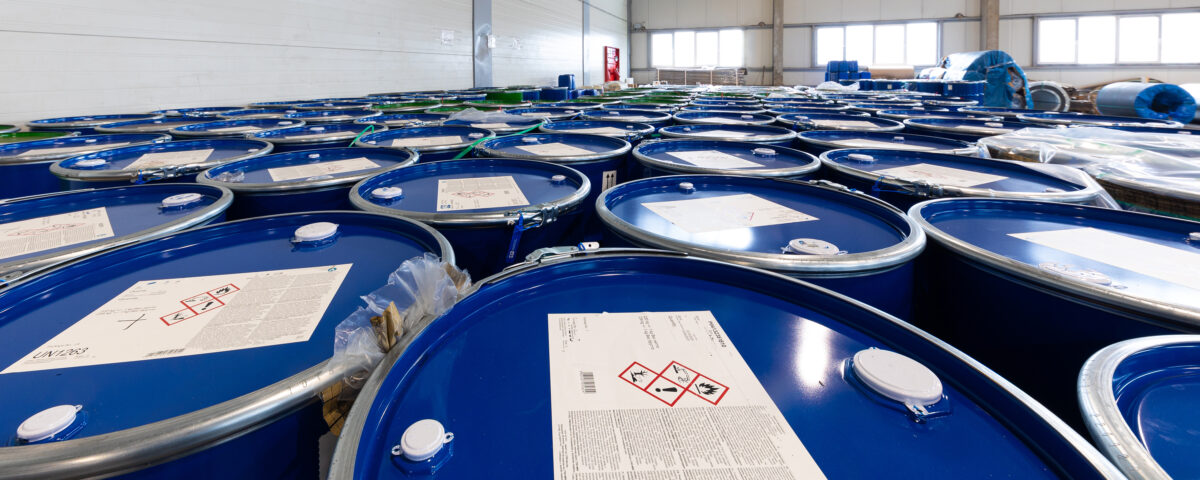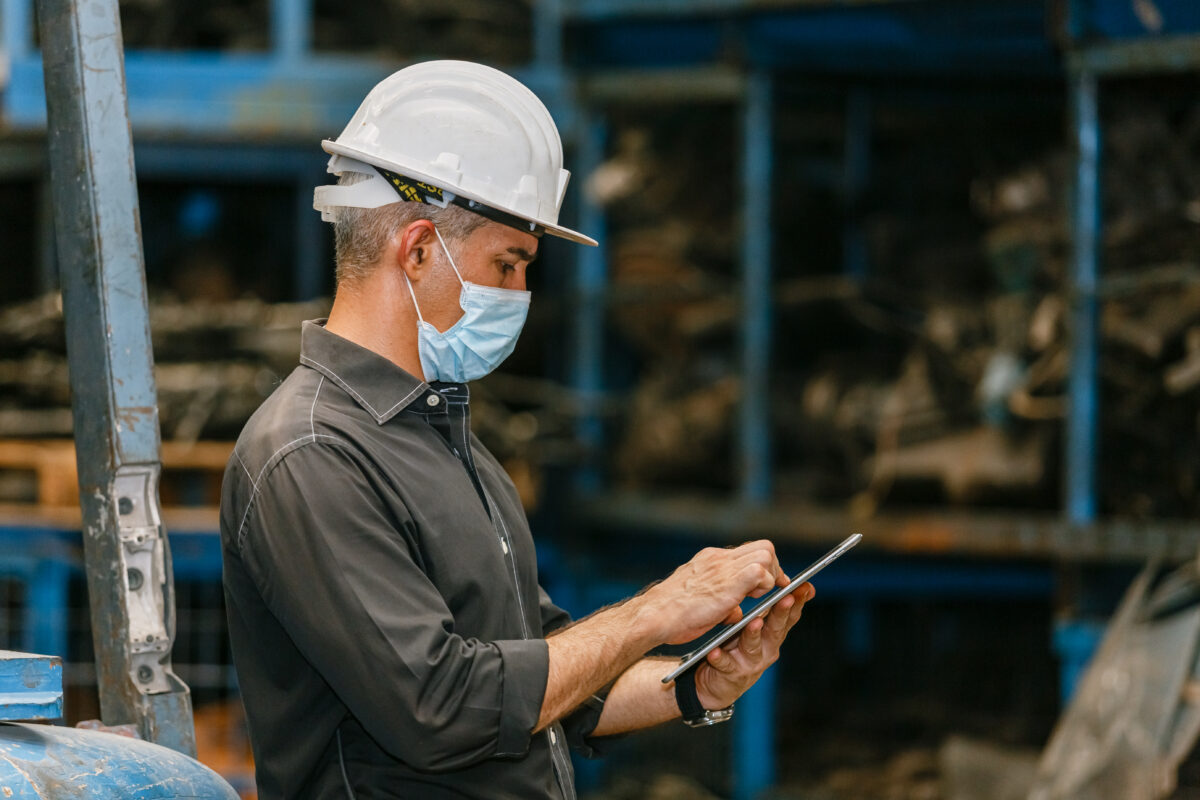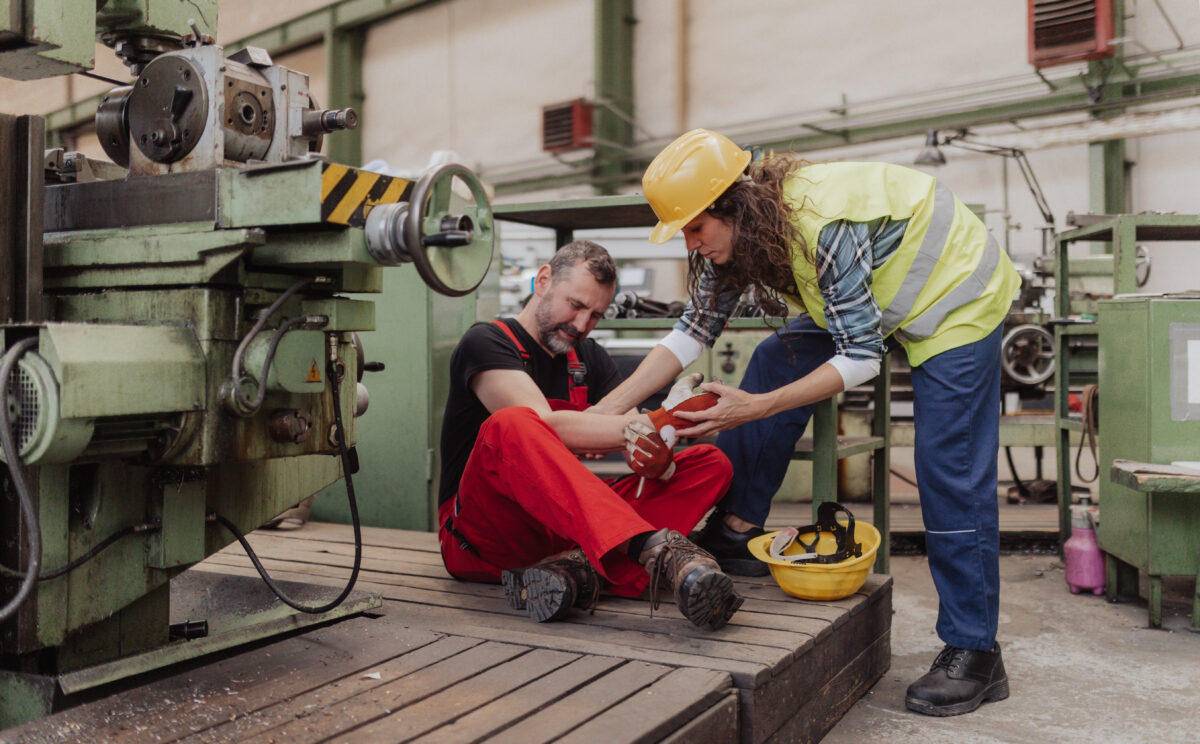There are different types of Preventive maintenance methods, each tailored to suit different equipment needs. Understanding these strategies is crucial to implementing a maintenance plan that ensures efficiency, cost-effectiveness, and increased lifespan for machinery. This article explores five key types of preventive maintenance: Time-based, Usage-based, Calendar-based, Risk-based, and Condition-based maintenance by analyzing their applicability, pros […]
